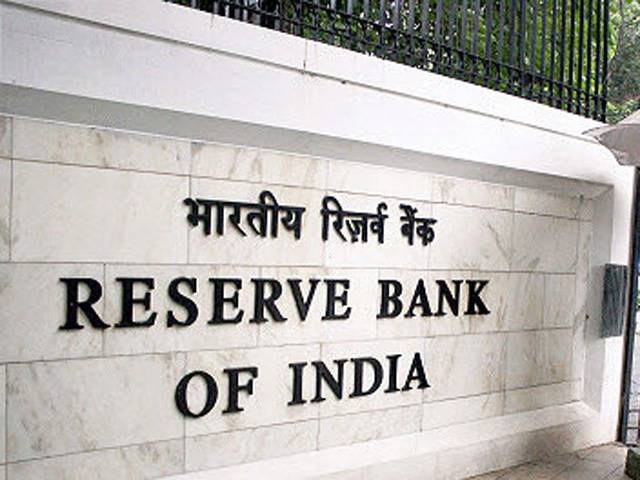RBI says enough cash available as crowds throng banks

MUMBAI/NEW DELHI India’s central bank on Sunday urged savers to not hoard money as public anger mounted over the government’s shock decision to withdraw large denomination notes in an attempt to clean up the country’s black economy.
Thousands of people were again standing outside banks across the country trying to change 500 and 1,000 rupee bills the government abolished on Tuesday, in an effort to crack down on corruption.
The banned rupee notes made up more than 80 percent of the currency in circulation, leaving millions of people without cash and threatening to bring much of the cash-driven economy to a halt.
As banks struggled to dispense money, the Reserve Bank of India said small denomination currency notes were available with both the central bank and with other lenders.
People “need not be anxious” and should not hoard bank notes because “cash is available when they need it”, the RBI said in a statement.
The Times of India reported that the central bank’s office in the western city of Ahmedabad was handing out coins in return for the old notes because it didn’t have enough of the valid tender.
It showed a picture of a man emerging with plastic packets of coins of 10 rupees, underlining the banking system’s struggle to make the transition to the new series of notes.
Prime Minister Narendra Modi, facing criticism from opposition groups for putting ordinary people into difficulties, promised further steps to rid the country of graft.
“We have taken a key step to help the honest citizens of India defeat the menace of black money,” he said in a speech in western seaside resort of Goa. The decision to demonetize the high value notes was planned in secrecy over the past 10 months, he said.
Modi came to power in 2014 with a mandate to boost economic growth and fight the corruption that taints large parts of India’s political and business life.
So far, despite the rising difficulties people are facing, his crackdown on corruption is supported particularly among the middle-class which want action against the political and business elite for wrongdoing.
Anil Dalavi, a 32-year-old Mumbai resident with 20 rupees in his pocket who was waiting outside a bank, said he supported Modi’s efforts to go after people with ill-gotten wealth.
“It has been tough for middle class people like us because we were caught completely unaware. But since this is a good move to flush out black money, I am willing to bear the pain.”
The “black economy”, the term widely used to describe transactions that take place outside formal channels, could account for as much as 20 percent of gross domestic product, according to investment firm Ambit.
Modi’s political opponents said they were going to unite to fight the demonetization move which had made lives difficult for millions of ordinary people.
“The government has spread anarchy in the country, the common man cannot buy daily products,” said Mulayam Singh Yadav, leader of Samajwadi party, as crowds formed outside banks in Lucknow, the capital of the country’s most populous state Uttar Pradesh. Yadav demanded Modi withdraw the decision to cancel the bank notes.
Uttar Pradesh, which holds state elections early next year, sends the largest number of legislators to India’s national parliament.
Mamata Banerjee, the chief minister of West Bengal state, said the situation was “nothing short of an emergency” and pledged to unite opposition parties against the government’s decision.
“I have never seen such a thing. People have money in their accounts but can’t access it. They can’t pay for treatment of a family member in hospital, weddings have been put on hold, daily business has taken a beating,” she said.





